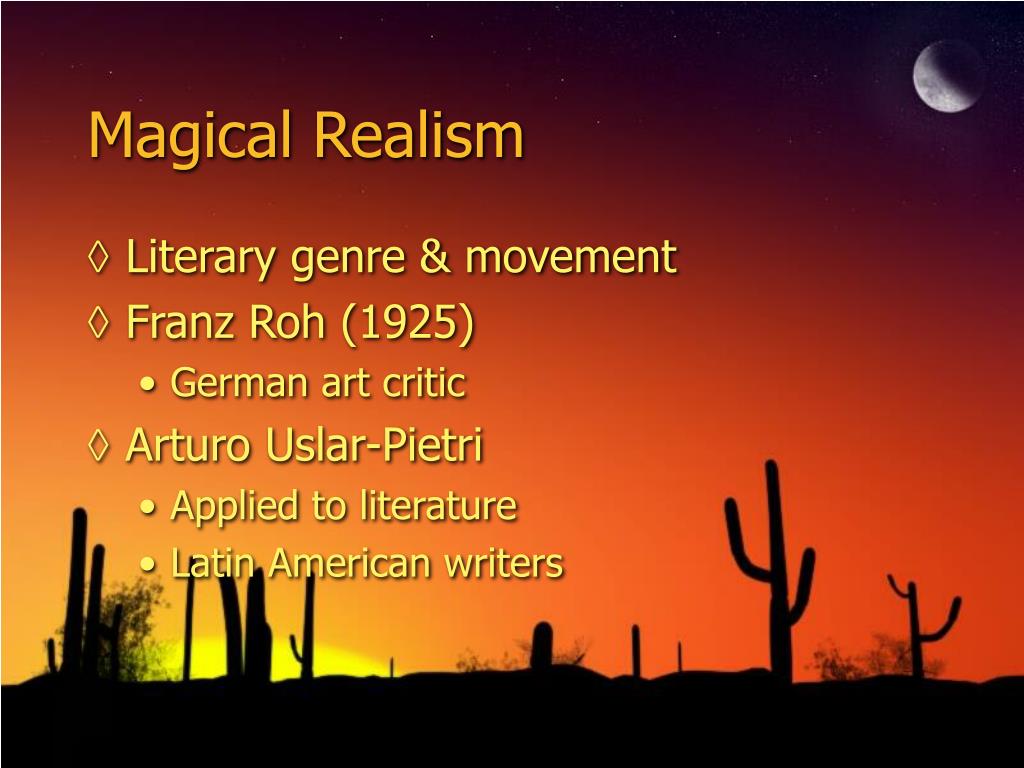
Tolkien, are the two approaches to storytelling really so different? In this sense, how is the fictional world of Macondo any different from, say, Middle-earth? Yes, there aren't elves and hobbits and wizards in Solitude, but the very founding of Macondo is a fantastical event not unlike the creation myths of various religions, seeming to metaphysically spring forth from the mind of José Arcadio Buendía there are also ghosts, clairvoyants, and, as The Guardian writer Sam Jordison names them, "floating virgins, reincarnating gypsies and soothsaying colonels." All the events and ostensibly unreal circumstances are a result of meticulous world-building on the part of García Márquez, and while not as "out-there" as anything written by J.R.R. Recall Allman's definition of magical realism above, which asserts the subgenre is "opposed to stories that are solidly in the fantasy or sci-fi genres which are often separate from our own reality." While Solitude references actual locations, one can argue that it is not, in fact, set in the real world, given its primary setting is invented, and given that it presents a world in which magic is not only real, but taken for granted. And yet, the very fact García Márquez's narrative takes place in a made-up locale, calls into question the idea One Hundred Years Of Solitude is an overall realistic novel peppered with elements of the fantastic. The author brings this lack of distinction between fantasy and reality into the novel, which is set in a fictional Columbia town, Macondo. Reportedly inspired by folklore tales told to a young García Márquez by his grandparents-tales that were presented as fact, causing the boy to confuse reality and fantasy, i.e., to believe in a world where magic actually exists. Take for instance Gabriel García Márquez's seminal work One Hundred Years Of Solitude, a sprawling novel covering a century in the life of the Buendía family. The realities being questioned can be societal, familial, mental, and emotional, just to name a few.Īnother tenet of magical realism is the way in which the characters respond to the unrealistic events occurring around them, usually without much fanfare, as though magic were just as commonplace as a kitchen sink. There is a distortion effect in the very fiber of the prose that forces the reader to question what is real and often opens up avenues of reality we may not have thought possible before reading the story.

This is as opposed to stories that are solidly in the fantasy or sci-fi genres which are often separate from our own reality.

magical realism uses magical elements to make a point about reality. What separates magical realism from the pack?Įmma Allman offers this distinction in her essay on the subgenre for Book Riot:

magical realism is really just a way of describing fiction that refuses to stick within the confines of the world we see before us.Īnd that's a valid question.


 0 kommentar(er)
0 kommentar(er)
